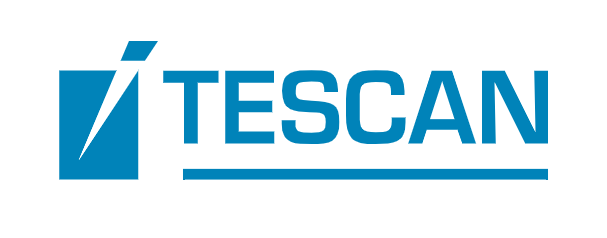Speaker
Description
Natural gas hydrate has huge reserves and is one of the most potential carbon energy resources. In the process of natural gas hydrate production, the phase state changes in the formation. Until now, the gas-liquid two-phase flow mechanism is not well understood for gas hydrate formation. The permeability of gas and water determines the flow capacity of fluids in hydrate formation and directly affects the efficiency of natural gas production. Since gas-water two-phase flow can cause changes of hydrate saturation and pore structure, the studies on the relative permeability is not inadequate. This study uses a combination of numerical simulation and machine learning to learn the relationship among pore statistical characteristic, the pore habits of hydrates, hydrates saturation and permeability. The goal is to reveal the seepage characteristics of hydrates at pore scale.
Using COMSOL Multiphysics software, pore-scale hydrate models are established, the N-S equation is used to describe the gas-water flow. Gas-water two-phase flow are simulated. A large number of data samples are generated and the pore-scale permeability prediction database is conducted. Based on the data samples generated by COMSOL Multiphysics, machine learning algorithms are used for permeability analysis. The hydrate permeability calculation model considering different hydrate pore habits (pore filling, particle coating, et al.) , pore statistical characteristic, and saturation is established. Then, the model is verified by comparing it with the classical capillary model and Kozeny particle model. The new model provides theoretical support for flow prediction of hydrate porous media.
References
no reference
| Time Block Preference | Time Block A (09:00-12:00 CET) |
|---|---|
| Acceptance of Terms and Conditions | Click here to agree |






